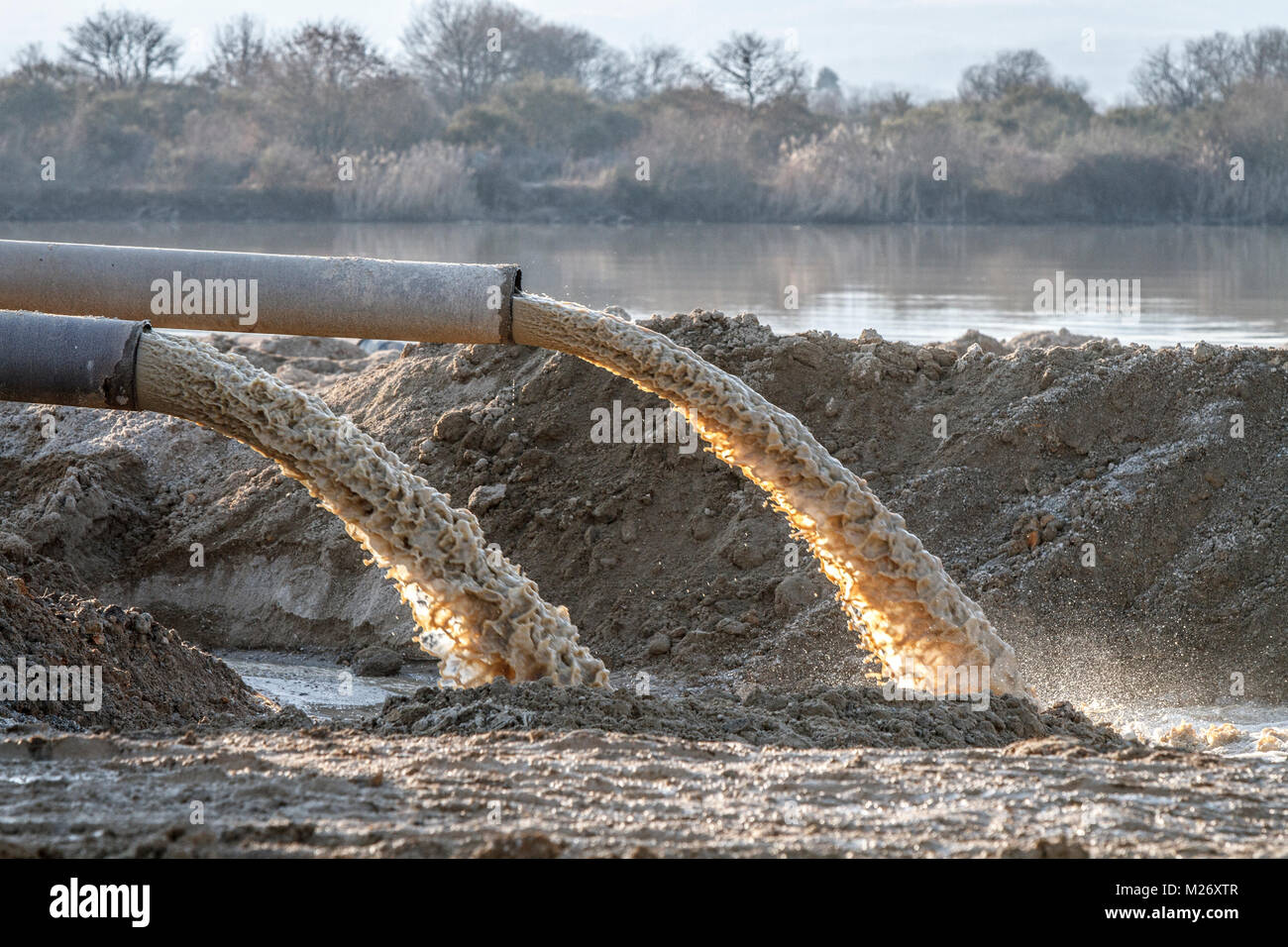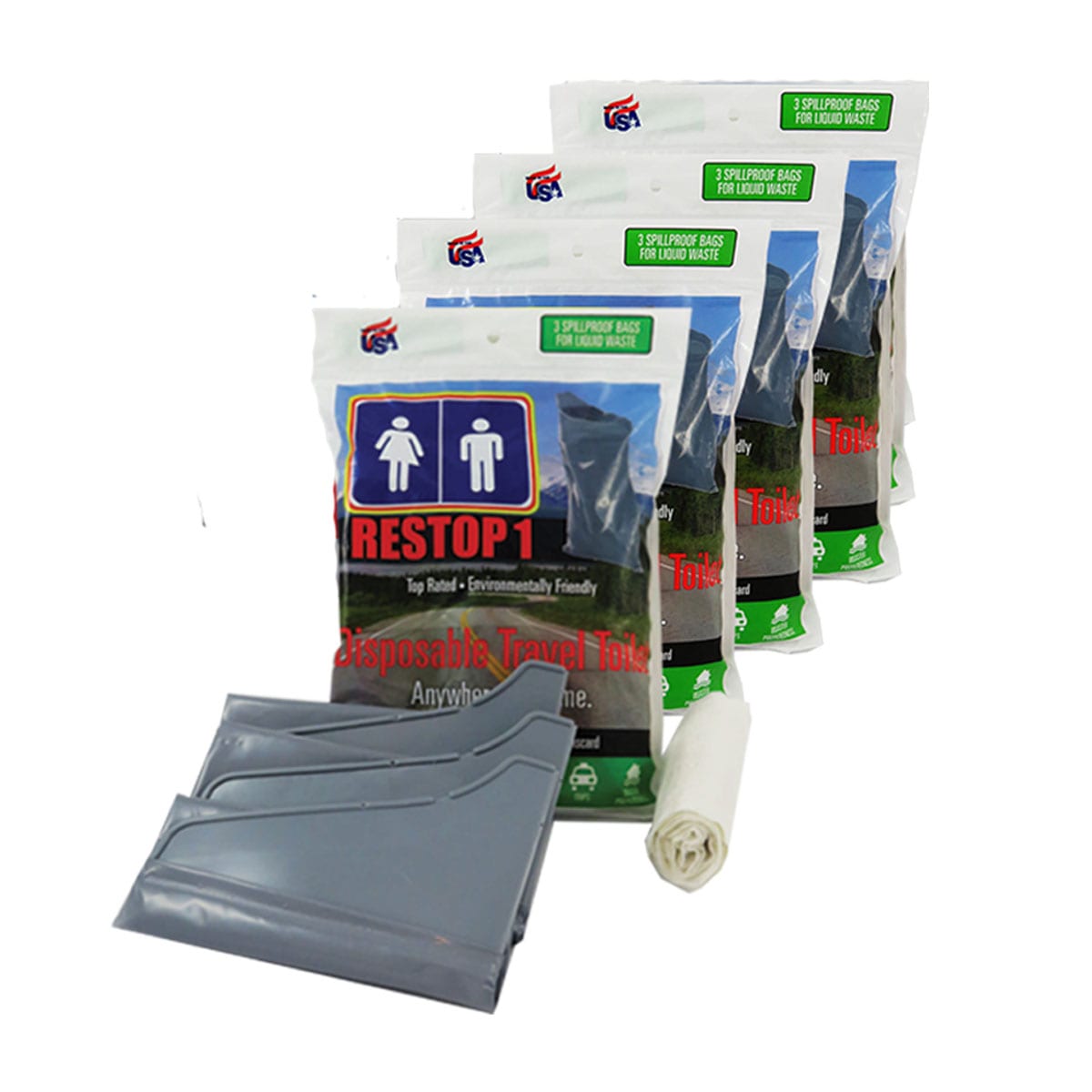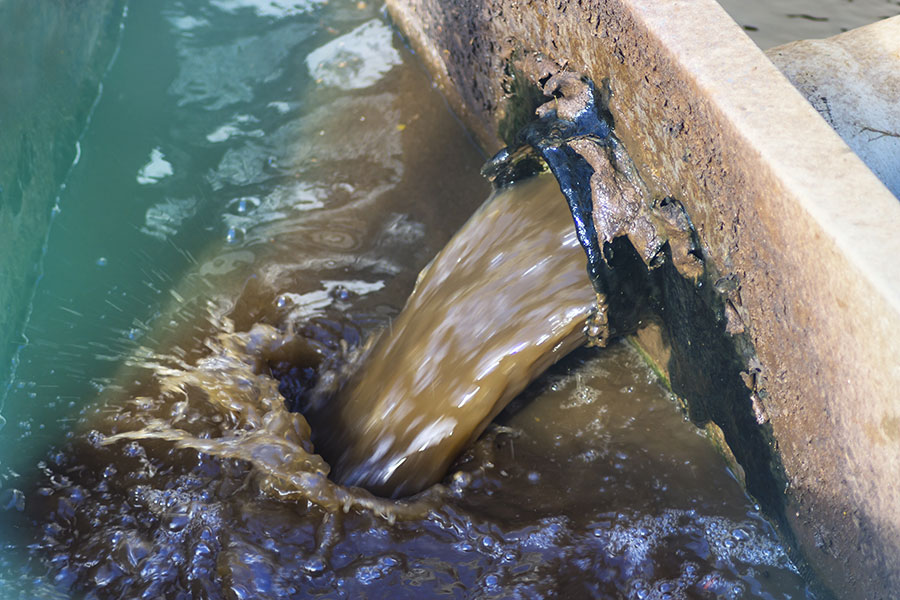Professional Liquid Waste Removal Melbourne: Maintaining Your Setting Tidy
Professional Liquid Waste Removal Melbourne: Maintaining Your Setting Tidy
Blog Article
Exactly How Fluid Garbage Disposal Functions: A Detailed Overview of Strategies and Technologies Employed

Review of Fluid Waste Types
The intricacy of fluid waste kinds necessitates a detailed understanding of their qualities and ramifications for disposal. Liquid waste can generally be classified right into a number of types, including commercial, local, farming, and unsafe waste. Each group exhibits distinct residential properties, needing details monitoring approaches to mitigate environmental and wellness dangers.
Industrial fluid waste originates from manufacturing processes and frequently contains a series of impurities, such as heavy metals, solvents, and natural compounds. Municipal fluid waste, mainly comprising wastewater from houses and industrial establishments, has natural matter, nutrients, and pathogens (industrial wastewater treatment). Agricultural fluid waste, including drainage from farms, might consist of fertilizers, chemicals, and animal waste, posing threats to water high quality and environments
Harmful liquid waste is identified by its toxicity, sensitivity, or potential to create harm. This group includes materials like acids, bases, and certain chemicals that demand strict handling and disposal methods. Comprehending these varied liquid waste kinds is important for developing efficient disposal approaches and making sure compliance with environmental laws. Appropriate classification and characterization are necessary for executing suitable therapy methods and minimizing the damaging effects on public health and the atmosphere.
Physical Therapy Approaches

Testing is the first step, where larger particles and particles are gotten rid of from the fluid waste utilizing screens or grates. In sedimentation tanks, heavier fragments resolve at the base, developing a sludge layer, while the cleared up liquid can be further dealt with.
Purification is an additional important technique that includes passing the liquid through porous materials, such as sand or membrane layers, to record smaller fragments. This action improves the high quality of the liquid, making it suitable for subsequent treatment processes.

Chemical Therapy Methods
Chemical treatment strategies are important for properly handling fluid waste, especially in addressing dissolved and colloidal impurities that physical methods might not properly get rid of. These techniques use various chemical agents to counteract, precipitate, or change unsafe substances right into much less damaging kinds.
One common approach is coagulation and flocculation, where chemicals such as alum or ferric chloride are included in advertise the gathering of suspended fragments. This process improves sedimentation, permitting for simpler removal of the resulting sludge. In addition, oxidation procedures, employing representatives like chlorine or ozone, helpful resources are used to break down complicated natural substances and microorganisms, providing the waste more secure for discharge or more treatment.
Neutralization is another Source essential technique, which adjusts the pH of acidic or alkaline waste streams to neutral levels, stopping possible injury to downstream systems and the environment. Furthermore, advanced oxidation processes (AOPs) use combinations of oxidants and ultraviolet light to break down consistent toxins, attaining a greater degree of therapy performance.
Organic Therapy Procedures
Organic therapy procedures play an essential function in the administration of fluid waste by using bacteria to disintegrate natural issue and minimize pollutant levels. These processes can be broadly categorized into anaerobic and aerobic treatments, each using details microbial areas to attain reliable waste destruction.
Cardio therapy includes making use of oxygen to help with the break down of organic materials by microorganisms. This process is commonly applied in turned on sludge systems, where aeration tanks give a helpful atmosphere for microbial growth, bring about the oxidation of natural contaminants. The resultant biomass can be separated from dealt with effluent via sedimentation.
On the other hand, anaerobic treatment takes place in the lack of oxygen, depending on different microorganisms to break down organic issue. This technique is especially advantageous for high-strength waste, as it generates biogas, an eco-friendly power source, while reducing sludge manufacturing. Technologies such as anaerobic digesters are regularly utilized in local try this and industrial applications.
Both aerobic and anaerobic organic therapies not just reduce the environmental effect of liquid waste however also assist in resource healing, making them important parts of sustainable waste monitoring techniques. Their performance, efficiency, and versatility support their prevalent implementation throughout various markets.
Arising Technologies in Disposal
Innovative techniques to liquid waste disposal are quickly evolving, driven by innovations in technology and a raising emphasis on sustainability. Amongst these emerging innovations, membrane layer bioreactors (MBRs) have acquired traction for their capability to incorporate biological treatment with membrane layer filtration, resulting in high-grade effluent that can be reused in various applications. MBRs make it possible for smaller sized impacts and more efficient operations compared to conventional systems.
Another appealing advancement is the use of anaerobic digestion integrated with nutrient healing innovations, which not only treats liquid waste however likewise produces biogas and recovers important nutrients like nitrogen and phosphorus. This double benefit enhances resource efficiency and reduces environmental influence.
In addition, progressed oxidation procedures (AOPs) are being adopted for the deterioration of intricate natural toxins. These techniques use powerful oxidants and catalysts to break down contaminants at the molecular degree, using an extremely effective solution for tough waste streams.
In addition, the assimilation of man-made intelligence and machine learning in waste monitoring systems is enhancing operational efficiency and predictive maintenance, resulting in decreased costs and improved environmental conformity. These modern technologies show a considerable shift in the direction of more efficient and sustainable fluid waste disposal practices.
Verdict
In final thought, reliable fluid waste disposal necessitates a detailed understanding of numerous strategies and technologies. By constantly progressing these methodologies, it ends up being feasible to attend to the expanding challenges associated with liquid waste, eventually adding to ecological protection and resource healing.
Fluid waste disposal is an important facet of environmental administration, calling for a comprehensive understanding of various techniques and innovations customized to various waste kinds. Fluid waste can generally be classified right into numerous kinds, consisting of commercial, metropolitan, farming, and unsafe waste. Agricultural fluid waste, consisting of drainage from ranches, might consist of plant foods, pesticides, and animal waste, positioning risks to water quality and environments.
Different physical treatment methods play a vital function in handling liquid waste successfully - industrial wastewater treatment.In verdict, efficient liquid waste disposal necessitates a comprehensive understanding of numerous strategies and innovations
Report this page